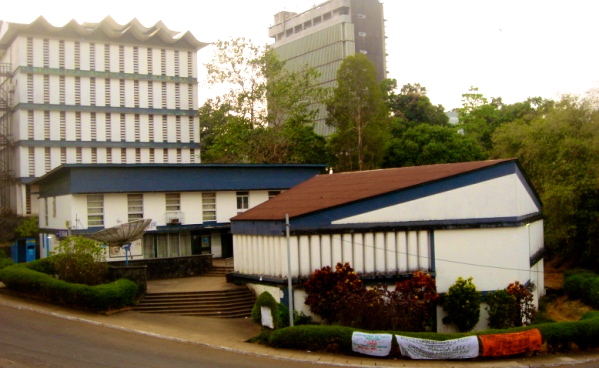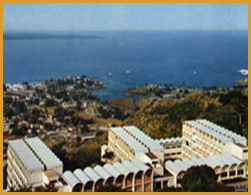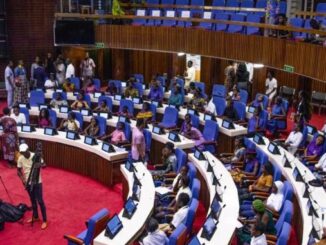
John Baimba Sesay
By September 2016, the Sierra Leone embassy in China had signed a tripartite Memorandum of Understanding with Henan Guoji Industry Group Co. Ltd and China Development Bank, Henan Branch, on the establishment of long-term cooperation between the three.
The primary objective of the MoU was to ensure some sort of complementary advantages and mutual development cooperation amongst the three parties- the embassy, Henan Gouji and China Development Bank.
The tripartite MoU was to focus on, but not limited to pursuing affordable housing projects for Sierra Leone; working on an industry and trade zone, a number of infrastructure projects and other engineering projects, with China Development Bank to provide/source funding, and Henan Guoji, together with the embassy playing a coordinating role.
On 6th March, 2017, the embassy witnessed the signing ceremony of a Memorandum of Understanding between the National Social Security and Insurance Trust (NASSIT) and the Sierra Leone Gouji Construction and Investment Cooperation Ltd, on the construction of five blocks of students’ hostels for four colleges.
The colleges, according to the MoU, are Fourah Bay College (2 hostels), Milton Margai College of Education and Technology (1hostel), University of Makeni (1hostel), and Njala University (1hostel).
Each block of hostel is expected to have two hundred and sixteen rooms, fully furnished with beds and study chairs and tables.
This will be the first project Nassit will be undertaking with Gouji, according to NASSIT’s Director-General, Joseph Sedu Mans Jr.
When undertaken, this project will help in ensuring an enabling environment for students in pursuing their studies.
It also should help in improving “the efficiency of students. Without convenient accommodation for students, it is difficult for them to perform well”, says Minister Matthew Teambo, in charge of Ministry of Labour.
Sierra Leone indeed has a bright history when it comes to education, having the first University in the sub region.
Notwithstanding such beautiful laurels, “…the infrastructure of our universities went down”, said Mans Jr., giving a felt need for the rehabilitation of these universities and colleges, especially the area of accommodation.
Nassit is a statutory public Trust set up by an Act of Parliament to oversee the country’s National Pension scheme. It also provides retirement and other benefits to meet the contingency needs of workers and their dependants. It is causative, funded through contributions by employers and employees.
The need for what the Nassit head calls “impact investments” is also strategic, given the country’s quest for growth in all sectors. The institution accumulates funds “not need to be dispensed immediately.”
Using such funds to invest in long term project especially in meeting students’ needs is a plausible decision to have been taken by the institution.
Education is core to nation building. Providing the enabling environment for students forms a major pillar in the process of ensuring national growth.
The country continues to demonstrate high sense of determination towards growth, a key yardstick for cooperation between Gouji and Nassit, with the embassy playing a coordinating role.
Madam Kumba Momoh the embassy’s acting head, has assured Henan Gouji, like all other credible firms of the needed support. We shall always make available those avenues for investments in the country in a bid to support our growth trajectory.




